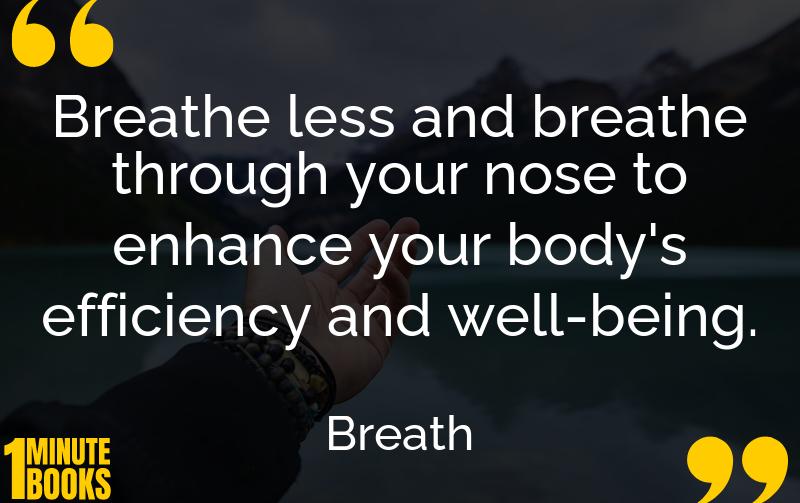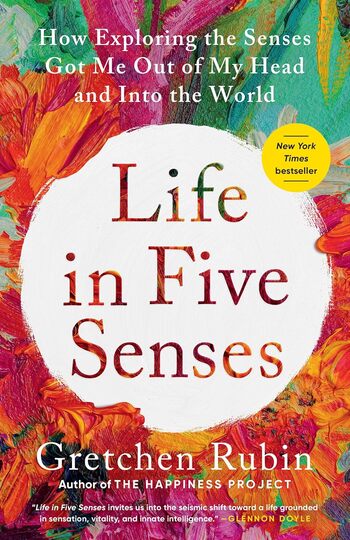
Breath by James Nestor explores the profound effects of how we breathe—through the nose or mouth, and its rhythm. Emphasizing nasal breathing, Nestor reveals its health benefits and implications for well-being.
Main Lessons
- Nasal breathing purifies, moistens, and pressurizes air, increasing oxygen absorption by up to 15%.
- Mouth breathing can lead to chronic stress, poor concentration, and other health issues.
- Nitric oxide, increased by nasal breathing, boosts blood circulation and energy levels.
- Experiment to clear nasal congestion: pinch nose, hold breath, and shake head.
- Consistent nasal breathing helps keep nasal airways open and healthy.
- Breathing less increases carbon dioxide, enhancing oxygen absorption by body tissues.
- Optimal breathing can transform energy levels by ensuring more oxygen reaches cells.
- Slow, controlled breathing keeps blood oxygen levels stable and increases desirable carbon dioxide.
- Quick breathing during stress reduces oxygen absorption to just a quarter of potential.
- A goal is to breathe only enough to meet metabolic needs—no more.
- Mindful breathing involves asking: ‘Am I nasal breathing?’ and ‘Could I breathe less?’
- Breathing properly throughout the day can switch feelings of exhaustion to vitality.








